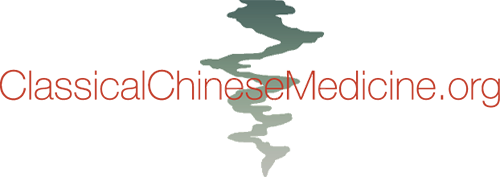In Memoriam: Prof. Deng Zhongjia 1943-2022
A MESSAGE FROM HEINER FRUEHAUF
It is with great sadness that I inform you of Prof. Deng Zhongjia’s passing on February 26, 2022. Prof. Deng’s prolific work and academic philosophy was perhaps the most important influence on the process of founding the College of Classical Chinese Medicine at NUNM thirty years ago.
Born into a family of professors in Shanghai, he contracted an optic nerve inflammation as a teenager and soon thereafter was declared blind. With the help of acupuncture, Chinese herbs and Qigong he was able to miraculously recover his eyesight, an event that inspired him to pursue Chinese medicine as a career.
